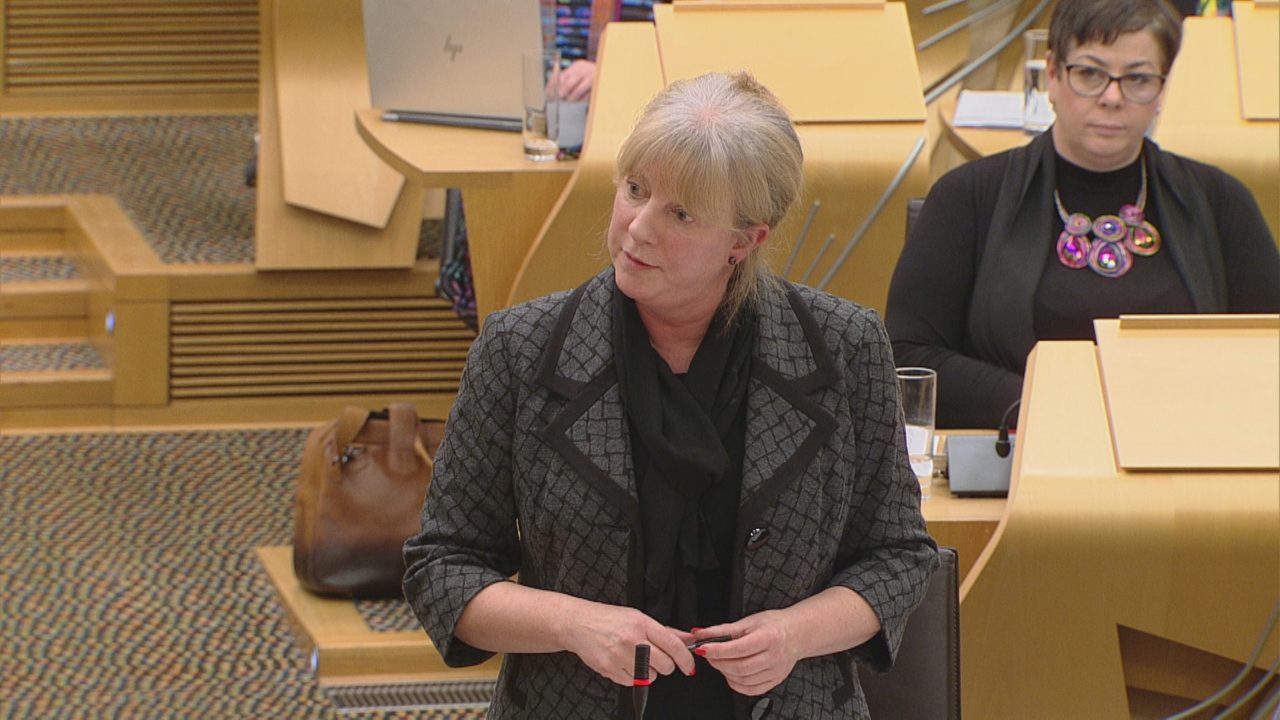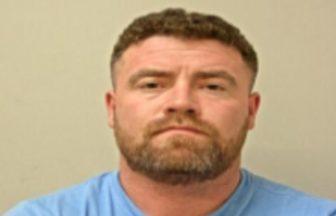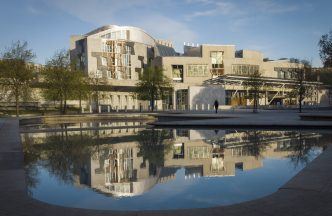An attempt to block a move to lower the age that a person can apply for a gender recognition certificate from 18 to 16 has been rejected by MSPs.
An amendment which had sought to prevent the age from being lowered as part of the Gender Recognition Reform (Scotland) Bill was rejected by 87 votes to 37 at the Scottish Parliament.
MSPs gave consideration to a series of amendments to the legislation on Tuesday, with the chamber expected to sit late into the evening ahead of a final vote on the Bill on Wednesday.
The start of the debate was delayed by around an hour after a number of points of order were raised from the opposition benches.
Scotland’s social justice secretary Shona Robison told MSPs that the issue of age had been “one of the most difficult to address” as the legislation has been taken forward at Holyrood.
However, she insisted that young people believe they should be allowed to make their own decisions.
The minister also indicated that lowering the age to 16 for individuals to apply for a gender recognition certificate would be in line with the age in other areas such as entering legally binding contracts and paying National Insurance.
“I do acknowledge… that there is difference of opinion about this Bill. There has been from the start,” she said.
“There is a difference of opinion about age, there has been from the start, and I think I said when I opened at stage one, that actually, the issue of age has been one of the most difficult to address.”
Robison said that she “took a lot of time” to consider issues that had been raised over lowering the age.
The minister also explained that listening to the views of young people had been an “important part” of bringing forward the legislation.
“Young people have said very clearly that they believe they should have the ability to make those decisions,” she added.
Scottish Conservative MSP Rachael Hamilton asked whether the Government’s acceptance of an amendment by SNP MP Christine Grahame which sought to ensure there is extra support for under-18s was an acceptance of a problem in lowering the age.
Robison said: “What I accept is I have listened to concerns that have been raised and the need for young people aged 16, 17, to have that additional support.
“And that is why we have agreed to the amendments at stage two and are supporting the amendments at stage three which are around making sure the young person understands the process and that they have sought and undertaken appropriate support.
“I think that is the right balance to making sure that young people are afforded the same rights, but in recognition of their age, are given that additional support, and I think that strikes the right balance in this Bill.”
An amendment put forward by Scottish Labour’s Jackie Baillie seeking to set the minimum age for an applicant to 16 years and six months, instead of 16, was also rejected.
“I think setting a minimum age of 16 and a half would be confusing,” Robison said, in addressing the proposal.
“The principle of the Bill is that someone will declare that they have been living in the acquired gender and for young people, that will be for six months.
“But of course, it’s a retrospective look and commitment, and declaration, of the fact they have been living in their acquired gender.”
Robison explained that an individual can only apply from the age of 16 onwards, and cannot do so when they are 15 years and six months.
The minister defended the decision to allow people 16 and older to be able to apply for a certificate.
“It’s young people themselves that are saying that they want to be able to get on with their life, with all of the documentation reflecting who they are how they’re living their life, and I don’t think that’s an unreasonable thing to ask for,” she told MSPs.
“Young people in Scotland are empowered at 16 to leave home without parental consent, to get a full-time job, pay National Insurance, enter into a legally binding contract, consent to medical procedures, to marry, change their name and vote for members of this Parliament.
“And whilst of course it is possible, as others have done, to point to comparators for what you can and cannot do at specified ages, applying for legal gender recognition generally aligns with the other comparable rights and responsibilities young people obtain at 16.
“It aligns with the provisions in the Age of Legal Capacity (Scotland) Act 1991 where under Scots Law, a person of or over the age of 16 generally has legal capacity to enter into any transaction having legal effect.”
Follow STV News on WhatsApp
Scan the QR code on your mobile device for all the latest news from around the country


 STV News
STV News

























